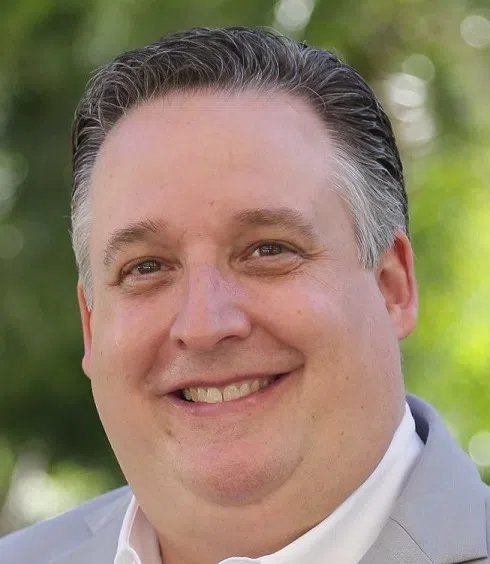By Gloria Dickie and Nailia Bagirova
BAKU (Reuters) – Trillions of dollars are needed to help address the causes and impacts of climate change, but leaders of the upcoming COP29 United Nations climate summit in Azerbaijan say that “hundreds of billions” is realistic for a consensus decision.
Negotiators will meet in Baku next month to agree on a new financing goal to replace wealthy nations’ current commitment to provide $100 billion each year in climate finance to developing countries.
At a critical meeting ahead of COP29 last week, parties to the United Nations Framework Convention on Climate Change agreed for the first time that the scale of need was in the trillions of dollars, said COP29 presidency chief negotiator Yalchin Rafiyev.
He added, however, that a realistic goal for what the public sector could provide and mobilize was in the “hundreds of billions”.
WHY IT’S IMPORTANT
With climate change fuelling worsening disasters, from hurricanes to extreme heat, developing countries say more money is needed to help them adapt to global warming, and cut their own planet-warming emissions by investing in things like renewable energy.
Global temperatures have climbed about 1.3 degrees Celsius (2.3 F) above pre-industrial levels, and 2024 is on track to be the warmest year on record. Scientists warn that the goal of limiting global warming to 1.5 C (2.7 F) is fast moving out of reach without greater action.
BY NUMBERS
More than 100 world leaders are expected to make an appearance at the Baku negotiations, with 61 presidents, 38 prime ministers and 2 crown princes registered as of mid-October, the COP29 presidency told Reuters.
Last year’s United Nations climate summit in Dubai had more than 160 world leaders in attendance.
KEY QUOTES
“We have done well to narrow down options, and the possible shapes of landing zones are coming into view. But we can clearly see the divides that the Parties still need to bridge,” COP29 President-Designate Mukhtar Babayev said.
“While states have common but differentiated responsibilities, they should put aside disagreements, stop blaming each other and find common ground. We cannot afford to waste time on defining who is guilty for global warming, or who caused more environmental harm,” Azerbaijan’s President Ilham Aliyev said.
(Reporting by Gloria Dickie in London and Nailia Bagirova in Baku, editing by Ed Osmond)



Comments